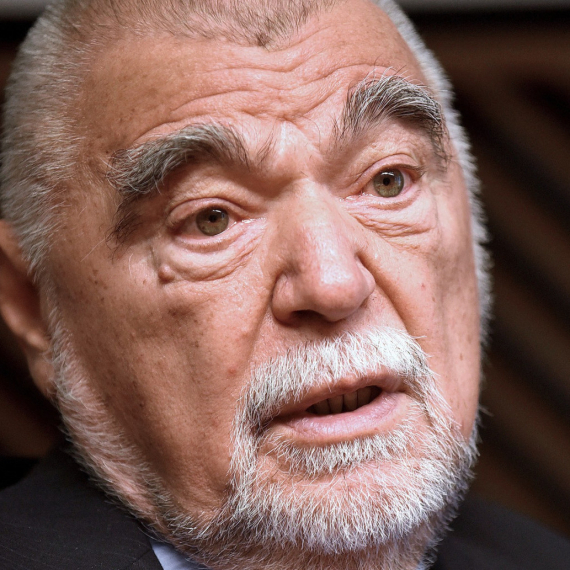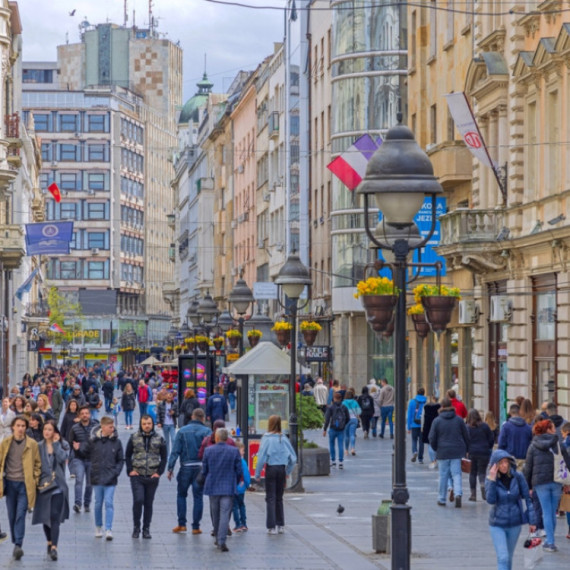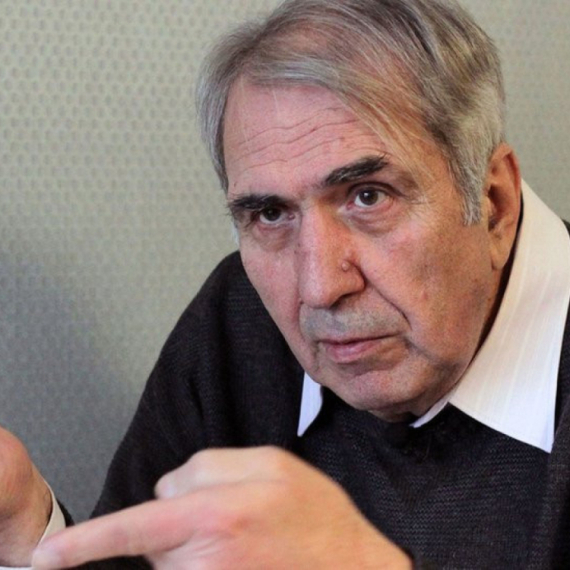Germany set to block new EU asylum policy
Germany's Interior Ministry has voiced opposition to EU plans to streamline its asylum policy, Deutsche Welle reported.
Friday, 16.07.2010.
09:44

Germany's Interior Ministry has voiced opposition to EU plans to streamline its asylum policy, Deutsche Welle reported. Germany is criticizing what it calls far too lenient laws that could turn the country into a "magnet" for asylum seekers. Germany set to block new EU asylum policy Following the first day of talks on a new, EU-wide asylum policy in Brussels on Thursday, Germany's deputy interior minister made it abundantly clear that Germany is against the European Commission's proposed system. Ole Schroeder said the system's laws were far too lenient and could be easily abused, especially by those immigrants not actually in need of asylum. "Germany is more than willing to offer asylum to those who really need it, but we must be able to deport those who are caught taking advantage of this," Schroeder said in Brussels on Thursday. The deputy minister was referring to the EU's call to abolish Germany's practice of deporting those caught with illegal identification at airports within 24 hours. The EU's new system would force Germany to give those people the right to raise objection to the deportation, which Schroeder said "would prevent any possibility of a rash deportation." Schroeder also objected to Brussels' call to provide asylum seekers with welfare during their application process in Germany, saying this could turn Germany into a "magnet" for asylum seekers from around the world. According to the Dublin Regulation adopted in 2003, those seeking asylum in the EU are only allowed to apply in the country where they first entered the 27-nation bloc. The new system would allow those refugees to apply for asylum in any EU member country, which would alleviate the immigration problems facing some EU countries, for instance Italy and Greece. EU Justice Minister Cecilia Malmstroem said the bloc was looking for "solidarity from its member states" in the push for unified policy on immigration, saying the current differences between member states were "unacceptable." At present Germany is joined in its rejection of the central reforms by other EU member states France, Great Britain, and Austria.
Germany set to block new EU asylum policy
Following the first day of talks on a new, EU-wide asylum policy in Brussels on Thursday, Germany's deputy interior minister made it abundantly clear that Germany is against the European Commission's proposed system.Ole Schroeder said the system's laws were far too lenient and could be easily abused, especially by those immigrants not actually in need of asylum.
"Germany is more than willing to offer asylum to those who really need it, but we must be able to deport those who are caught taking advantage of this," Schroeder said in Brussels on Thursday.
The deputy minister was referring to the EU's call to abolish Germany's practice of deporting those caught with illegal identification at airports within 24 hours.
The EU's new system would force Germany to give those people the right to raise objection to the deportation, which Schroeder said "would prevent any possibility of a rash deportation."
Schroeder also objected to Brussels' call to provide asylum seekers with welfare during their application process in Germany, saying this could turn Germany into a "magnet" for asylum seekers from around the world.
According to the Dublin Regulation adopted in 2003, those seeking asylum in the EU are only allowed to apply in the country where they first entered the 27-nation bloc.
The new system would allow those refugees to apply for asylum in any EU member country, which would alleviate the immigration problems facing some EU countries, for instance Italy and Greece.
EU Justice Minister Cecilia Malmstroem said the bloc was looking for "solidarity from its member states" in the push for unified policy on immigration, saying the current differences between member states were "unacceptable."
At present Germany is joined in its rejection of the central reforms by other EU member states France, Great Britain, and Austria.



























































Komentari 2
Pogledaj komentare